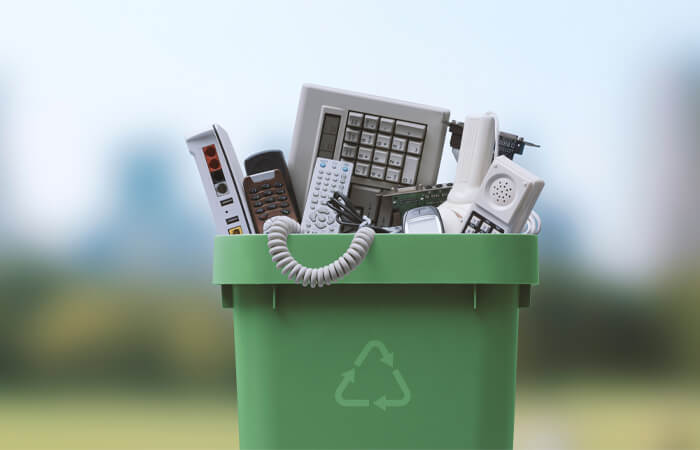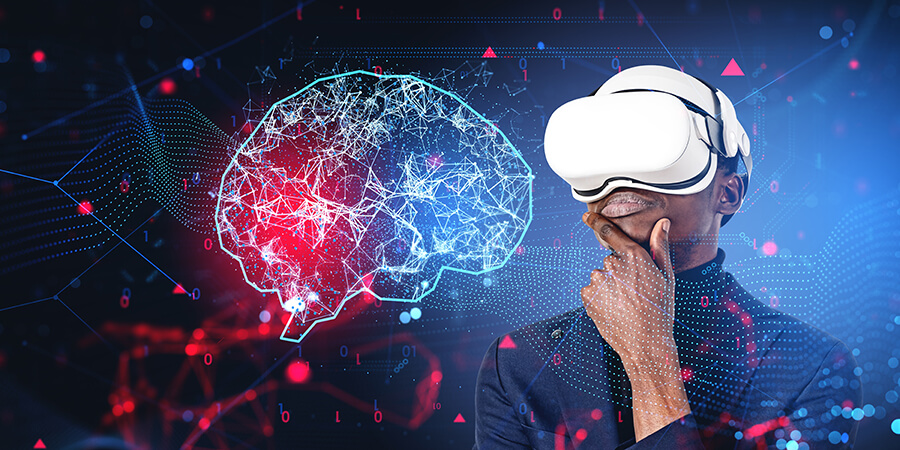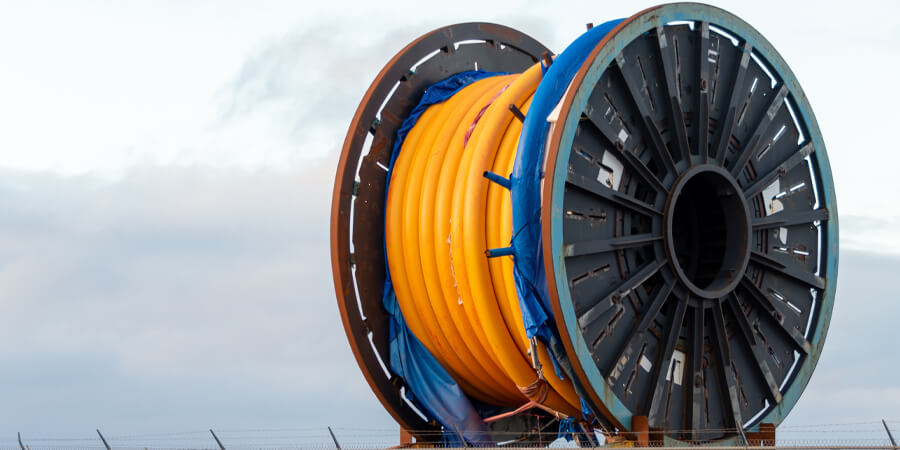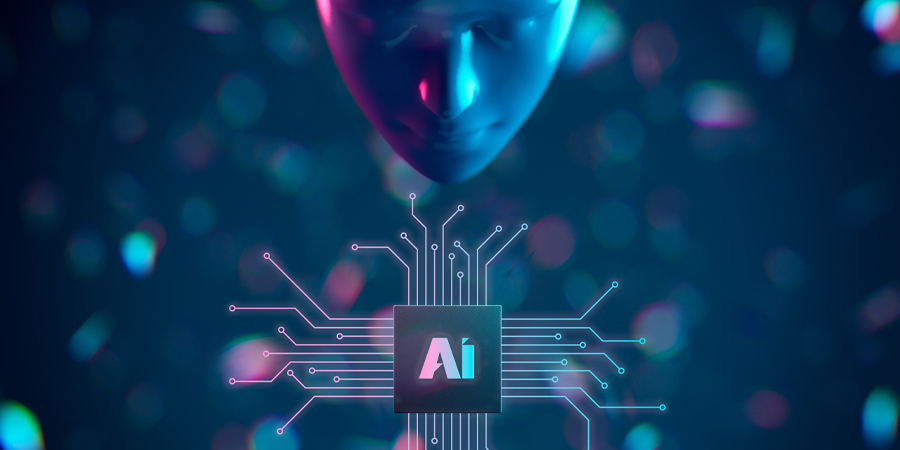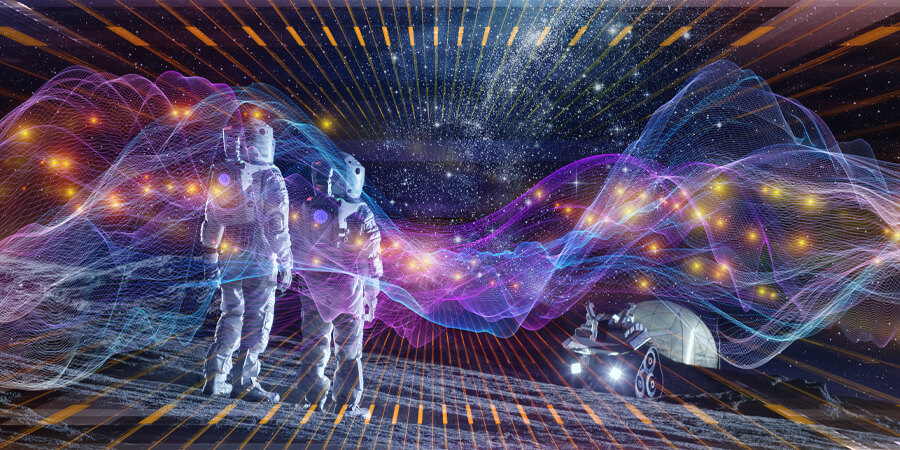The rise of ChatGPT and similar large language model (LLM) artificial intelligence systems has generated significant attention and speculation across various domains. Some see them as potential replacements for conventional web searches, while others worry about their impact on job markets. There are even concerns about AI posing an existential threat to humanity. Amidst all this speculation, one fundamental truth is often overlooked: these AI systems, despite their complexity, rely entirely on human knowledge and labor. In other words, they cannot generate new knowledge independently. To understand this better, we must delve into how ChatGPT works and the critical role humans play in its functionality.
Features
Unlimited Cloud Storage and the Limitless Benefits for Business
Cloud storage is a digital storage system that makes use of off-site servers to store data, including files, corporate data, videos and images. Users upload data to servers through an internet connection, and the servers then store that data on virtual machines. To ensure availability and provide redundancy, cloud service providers routinely disperse this data over several virtual computers in various data centers across the globe. If storage needs increase, the cloud provider will enable more virtual machines to handle the demand. Users can access data in cloud storage using an application programming interface (API) and software such as a web portal, browser or mobile application.
E-Waste: The Role of Perception in Policy Transformation
Anyone who embarks on an exploration of the complex ecosystem that is electronic waste (e-waste) quickly uncovers the challenges met with its disposal, and the willful initiatives to diminish its impact quickly come to light. As the international community focuses its attention on sustainability, sectors across the board are undergoing momentous change. This article will explore the fundamental drivers pushing the industry toward more environmentally conscious practices, revealing the pivotal individuals and intricate dynamics guiding this noteworthy shift in perspective.
AI and Metaverse: The Right Combination for Growth and Innovation
The COVID pandemic has ushered in new norms for our “connected era” and brought about new ways of collaboration between businesses and employees, as well as businesses and customers. Along with this, significant innovations have emerged, including the metaverse and artificial intelligence. These concepts and technologies represent a fundamental change in how we engage with the world, impacting many sectors and offering massive opportunities for all.
International Women in Cyber Day: Empowering Women in Africa and Beyond
Every September 1st, the world unites to celebrate International Women in Cyber Day (IWCD), a global movement dedicated to recognizing the achievements of women in the cybersecurity sector and shedding light on the challenges they face within this predominantly male-dominated industry.
The Threat is Real: Remaining Vigilant Against Malicious Android Apps
If you are an Android user, an important security issue has come to light that could potentially affect you.
Our Lifeblood Below: How Subsea Cable Cables Empower Our World Today
The internet has become an integral part of our lives, allowing us to connect with people and information from around the world. What makes this global connectivity possible is the vast network of subsea cables traversing the ocean floor, transmitting data at the speed of light through narrow glass fibers. These cables, as thin as a garden hose, are technological marvels capable of carrying copious amounts of data, and they are the essential infrastructure behind our online lives.
Stock Trading on the Edge: How AI Will Transform the Market of the Future
Tools like ChatGPT, with artificial intelligence (AI) built right in, have the potential to revolutionize how quickly, efficiently and effectively people complete their work. And this holds true for all areas of our lives, including industries like healthcare, manufacturing and most others. The financial markets are no exception.
Lunar Data Centers: Pioneering the Future of Secure and Sustainable Data Storage
In an era marked by a deepening reliance on digital technologies and unprecedented data generation, the quest for innovative data storage solutions may just launch humans and their pesky data beyond the confines of Earth. One of the more audacious ideas gaining traction is the potential establishment of data centers on the moon. As our natural and only satellite, the moon offers a unique blend of suitable environmental conditions and untapped potential that together present a creative reimagining of the future of data storage. This exploration seeks to integrate cutting-edge technology with lunar infrastructure to challenge conventional engineering approaches and usher in a new dawn of secure and sustainable information storage.
Nigeria's Digital Revolution: Empowering a Nation Through Technology
In an era driven by digital advancements, Nigeria has emerged as a prominent player in the African internet landscape. With a population of over 200 million people, the country has experienced a rapid expansion of its internet and corresponding infrastructure, paving the way for unprecedented opportunities and growth. From increased internet penetration to the development of broadband connectivity, Nigeria has made significant strides in shaping its digital future.






